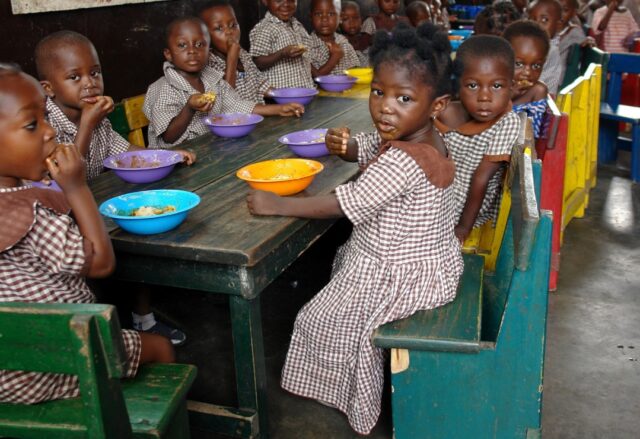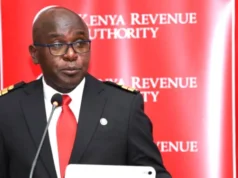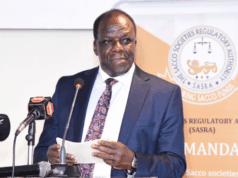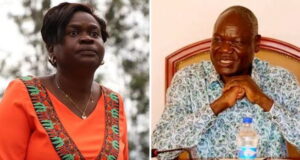It is unimaginable sixty years after Kenya attained internal self-rule, the education sector is still weighed down by the same old problems. Education remains the surest path out of poverty, yet successive governments have treated it casually, tinkering around the edges while ignoring the structural weaknesses at the very foundation.
The Kenyan schooling ecosystem is broad, complex, and layered, but it all begins at the base. Pre-primary, primary, and now junior secondary levels are where the future of the country is forged. Yet these are the very spaces that remain grossly underfunded, starved of resources, and left behind.
Teachers are demotivated, infrastructure is in a state of neglect, and children are forced to learn in environments that neither inspire nor support learning. The disconnect between government pronouncements and the reality on the ground has never been starker.
Take pre-primary education, for instance. The importance of early childhood learning is universally recognized. It is the stage where curiosity is nurtured, literacy and numeracy skills are built, and confidence begins to take root. In Kenya, however, early childhood learning is often left to counties with limited budgets, political interference, and little accountability. Many classrooms are in makeshift buildings, learning materials are inadequate, and teachers are poorly paid. This neglect becomes the first crack in the foundation of a child’s education.
Primary schools, which should be the great equalizer in society, continue to highlight the inequalities that define Kenya. In urban centers, schools benefit from better facilities and parental support, while in rural and marginalized areas, pupils still sit on stones or under trees. Textbooks and learning aids are shared among several children, and the teacher-to-pupil ratio remains unmanageable.
The introduction of free primary education was a noble idea, but the funding was never sufficient, and oversight was weak. What we have today is universal enrollment without universal quality.
The recent transition to the Competency Based Curriculum was meant to cure some of these ills. But even here, the government failed to align resources with ambition. Parents complain of the heavy financial burden, schools complain of poor preparation, and teachers feel abandoned in the training process.
Junior secondary schools have become an experiment in improvisation, with facilities stretched beyond their limit and teachers struggling to keep pace with the demands of the new system.
The Kenyan education system has become a story of wasted potential. This is an economy that should be competing with the best in the world, yet our children are struggling to read, write, and count at levels far below their global peers. Rwanda, often cited as a smaller and less endowed neighbor, is proving that deliberate investment and seriousness in education can transform a nation.
Kenya, on the other hand, continues to produce graduates who are less prepared for the job market and less confident in innovation.
What is the way forward?, we must accept that throwing money at education without structural reform will not work. Government must prioritize funding at the base, ensuring that every child has access to proper classrooms, desks, textbooks, and motivated teachers.
Teacher welfare must be improved, not only in terms of pay but also in training, support, and recognition. Accountability mechanisms must ensure that money allocated to schools is used for schools and not lost to corruption.
Above all, there must be a cultural shift in how we value public education. For too long, public schools have been left to the children of the poor, while the middle class and elite rush to private schools. This abandonment is why public schools remain neglected. If policymakers and leaders had their own children in these schools, reforms would be immediate and urgent.
But fixing public education is not a state affair alone. Parents must be actively engaged in their children’s learning, supporting teachers and demanding accountability from administrators.
Teachers must continue to give their best despite the challenges, holding on to the noble duty of shaping the next generation. Civil society, religious institutions, and the private sector must also play their part in supplementing resources, mentoring learners, and ensuring that no child is left behind.
Leaders must be reminded every day that the quality of schools are true measure of its development.
Kenya’s destiny will not be determined in boardrooms or political rallies, but in the classrooms where minds are molded.
If we truly believe in a prosperous and equal future, then we must get the base right. The time for excuses is over. Parents, teachers, leaders, and citizens must unite around one mission to restore dignity, quality, and seriousness to public education. The future of our children and the survival of the nation depend on it.















